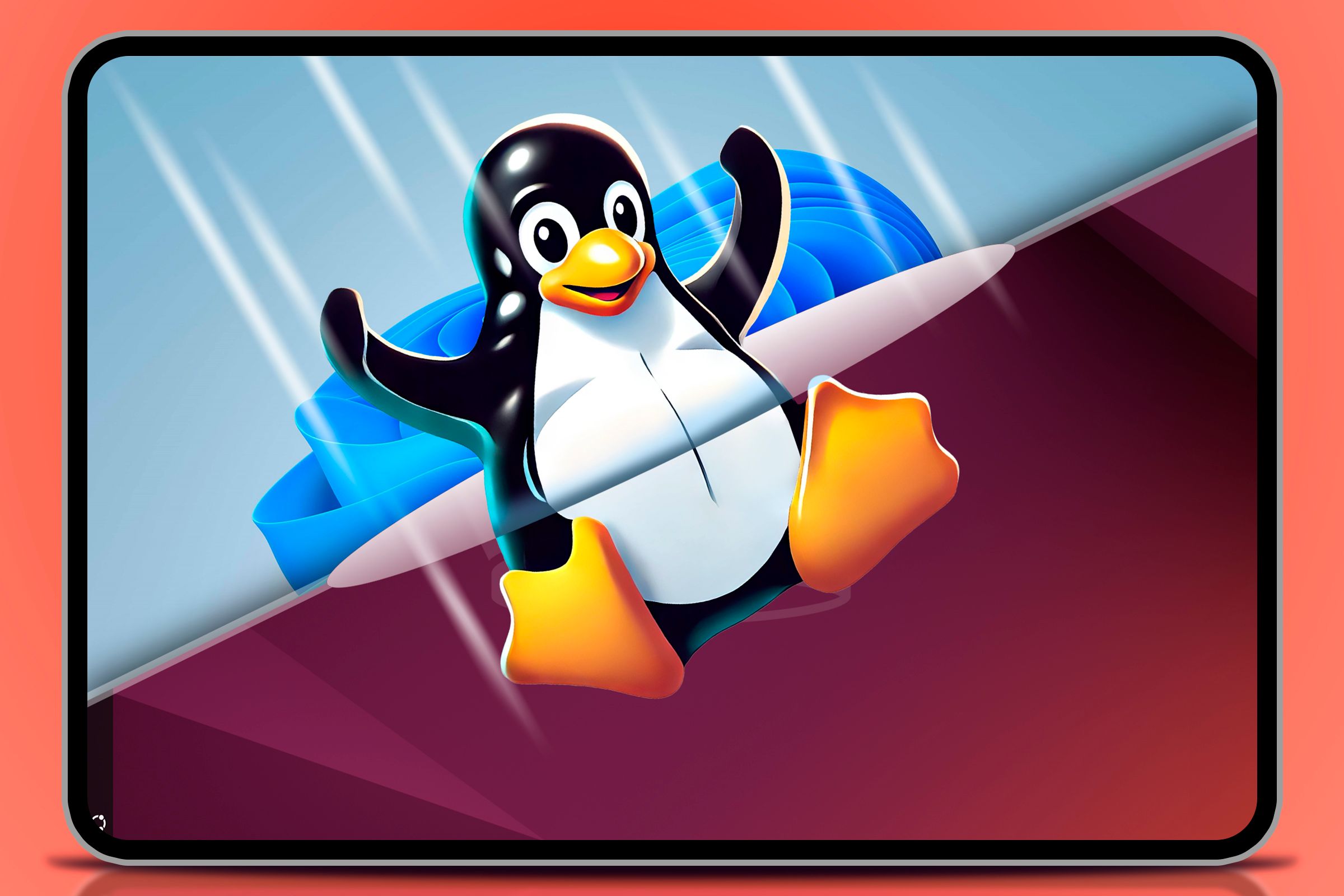While mobile devices are fine for chatting, reading, and watching, sometimes you need a real computer to get work done. But, it’s become expensive to keep Windows PC up to date. Switching to Linux means you can keep using your old PC, and save money in other ways, too.
To Upgrade to Windows 11, You Might Need To Buy a Whole New PC
As everyone has moved to their mobile phones and tablets to email, chat, and browse the web, PC usage has centered on gaming and productivity. While gamers are usually happy to foot the bill for a new high-performance PC, most casual users don’t need to be on the cutting edge of technology.
Windows 11 won’t run on most PCs out there today, and in most cases requires that you buy a completely new machine to update to it and continue receiving important security updates and new features. Replacing Windows with Linux solves this: Linux is lightweight so it will run on your current computer (you probably won’t even need to upgrade it), and it runs full-fat desktop apps for productivity, so you can keep getting things done with a mouse and keyboard. It even works on Microsoft’s own devices that don’t support Windows 11.
You Don’t Need to Pay for Linux Upgrades
While upgrades from Windows 10 to Windows 11 are supposed to be free, some users encounter issues and lose their product activation. If you don’t have your original license key around, or you purchased your PC from a less-than-reputable seller who didn’t use a legitimate key, you may have to pay to keep using Windows.
While you can put off upgrading Windows, it’s generally a very bad idea, especially once Windows 10 hits end-of-life, as you’re missing out on important security updates and putting yourself at risk of viruses and data theft. Linux is free to install, and will always be free to update to the latest version.
Free Linux Software Can Replace Your Subscriptions
It seems like almost every major commercial software product has switched to a subscription model, meaning you can’t just pay for an app and use it for years. Microsoft Office and Adobe’s creative suite are examples of this. Linux is open-source, and most of the software for it is 100% free as well, and it’s easy to find and install alternatives to popular Windows software. LibreOffice offers a full office suite as an alternative to Microsoft Office 365, while Krita or GIMP can potentially replace your Adobe Illustrator or Photoshop subscription at no cost.
Linux Saves Money on Visits to Tech Support
Many common malware attacks that target Windows users just won’t work on Linux, reducing trips to your local IT repair shop. You also have complete control over your Linux system, so that you, or perhaps a more techy friend, can fix problems and remove unwanted files and software. While there is the risk of making a mistake, there are lots of people online who are happy to guide you and help you fix problems (you might learn some cool Linux skills in the process). Nothing can replace a dedicated professional’s role entirely, but you might be surprised by what you can fix with a little Googling and how convenient it is to be able to solve a problem (and get on with your work) without having to wait (and pay) for tech support.
Upcycle!
If you need a new PC and are interested in trying out Linux, you can pick up an ex-business machine super cheap online. When companies update their fleets of thousands of PCs all at once, they dump the old ones on online auction sites. Well-specced Dell, Lenovo, and HP laptops and desktops can often be found for under a couple of hundred bucks, and they’ll run Linux and productivity apps just as well as a brand-new machine, at a fraction of the cost.
There’s a Linux Distro Tailored to You
If you’re switching to Linux, the big question is which distribution you should pick. Linux distributions all differ in how they look and behave to suit different people and use-cases: Some mimic Windows closely, while others go their own way and provide their own unique user experiences.
If you’re just looking to get started, give Ubuntu a look. It’s one of the most popular Linux operating systems, so there’s lots of help online to get you up and running.




